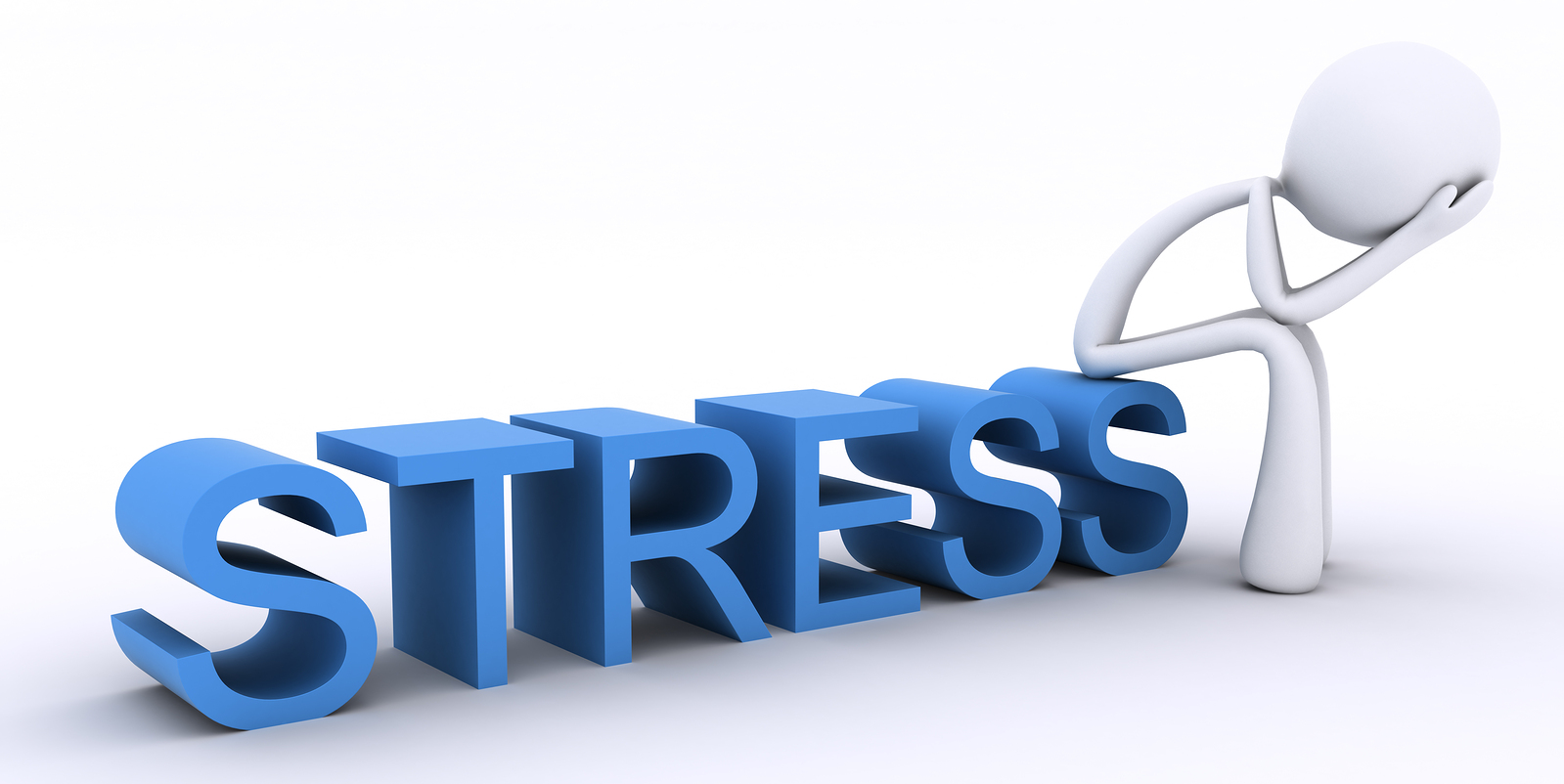There are no shortages of common sources of stress including work, children, finances, relationships, illness, overcommitment, loneliness, family dynamics, lack of work-life balance, and uncertainty, all exacerbated during these quarantine times. While stress is a ubiquitous part of life, its negative effects do not have to be. The very way we look at stress can completely change its hold over us.
Stress comes in many different forms. There is the type of stress which you bring onto yourself such as showing up for a meeting unprepared or skipping out on a commitment. This is pointless stress because it can be avoided or minimized with advance planning and prioritization before the situation turns problematic. There is the stress that hits you like a bolt from the blue and even having done everything right, you could not have anticipated or controlled its arrival. There is high-level stress that can be debilitating to your performance and there is low-level stress that can be enhancing. There is short-lived stress that provides the accelerating force for you to accomplish a task and there is long-lasting stress that chips away at your health and happiness each day. The intensity and duration of stress matters, and when both are present, it is a recipe for disaster.
Stress: The Destroyer
The one thing for sure is that too much stress, especially of the acute variety can have deleterious effects. It can muddle our thinking by crippling our abilities to think long-term, and it can compel poor decision making. University of Pennsylvania Professor and Author Annie McKee says, with chronic stress, “we have more difficulty being flexible or open to new ideas, we start seeing things in simplistic ways and we overreact to minor irritants; everything and everyone starts looking like a threat.” In this state, we are more likely to cause problems rather than solve them. It is an endless loop – we do not think straight and we pick fights; we lash out, hide out, or opt-out. It gives us tunnel vision, the more stressed we are, the more focused we tend to be and are unable to see the periphery. Neurologist Robert Sapolsky spent more than three decades studying the physiological effects of stress on health. He concluded that long-term stress suppresses the immune system, making us more susceptible to infectious diseases and can even shut down reproduction by causing erectile dysfunction and disrupting menstrual cycles.
Stress: The Builder
Not all stress is bad, however. A little bit of stress or a lot for a very short period of time can be a good thing. Our stress hormones keep us alive! If something was intent on eating us, our stress reactors would kick in and encourage us to run away. Sapolsky explains, stress hormones are brilliantly adapted to help us survive an unexpected threat. “You mobilize energy in your thigh muscles, you increase your blood pressure and you turn off everything that’s not essential to surviving, such as digestion, growth, and reproduction.” You think more clearly, and certain aspects of learning and memory are enhanced. All of that is spectacularly adapted if we are dealing with an acute physical stressor. Other than keeping us alive, moderate stress can help us develop coping skills and even kick us in the butt to boost our output. Being unproductive can cause a feeling of stress and sway us in the direction of aiming to get work done. Having that deadline that is tight, but not too tight can spur creativity and motivation. Additionally, those stress states help us appreciate the periods of tranquility and the proactive steps we can take to spend more time in those peace zones.
It is important to notice the difference between stress that causes us chaos and stress that brings great results. Fostering the good kind of stress and using techniques to minimize and avoid the bad type of stress will take you far. Regardless of the approach, we should never allow the stress termites to eat away at our lives. We have more power available to us than we realize and there is always some type of strong response we can offer.
Quote of the day: “Stress is caused by being here but wanting to be there” -Eckhart Tolle
Q: How have you used stress to achieve peak performance?
[The next blog in this series 2/4 will focus on 8 ways to deal with stress]


